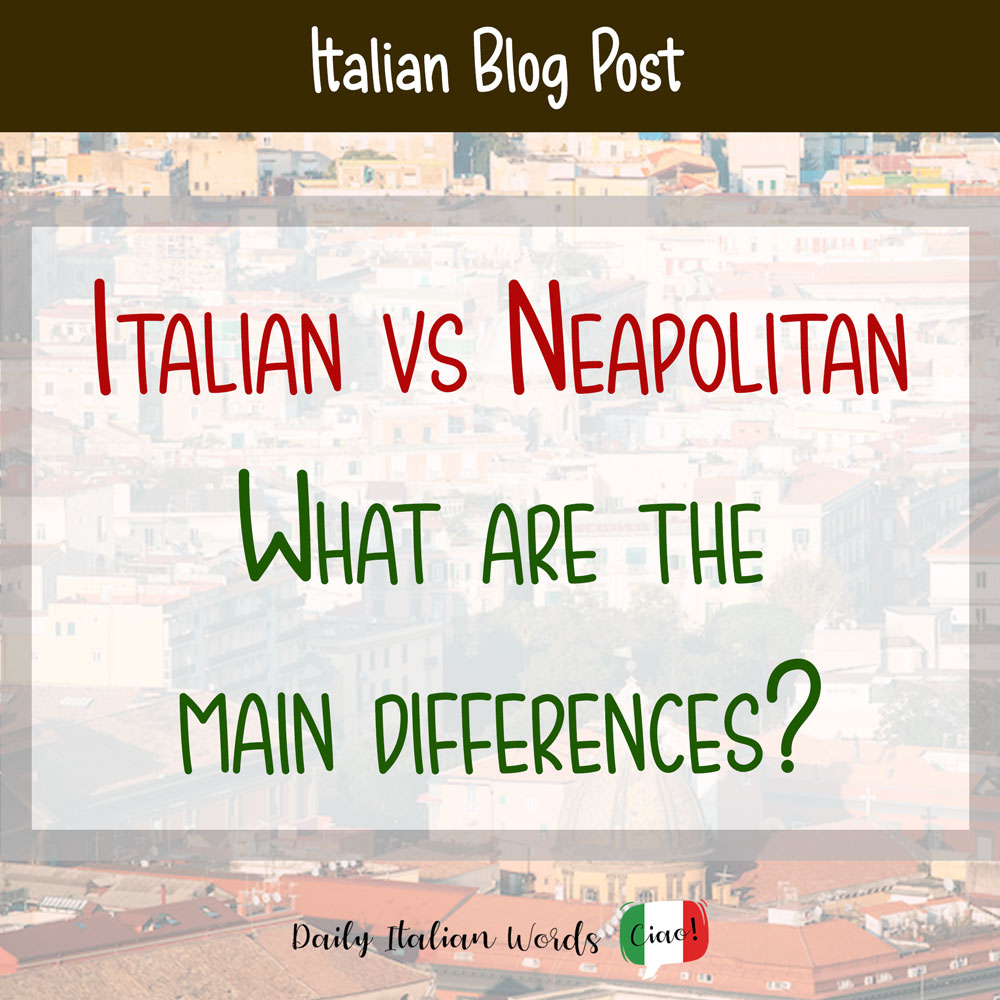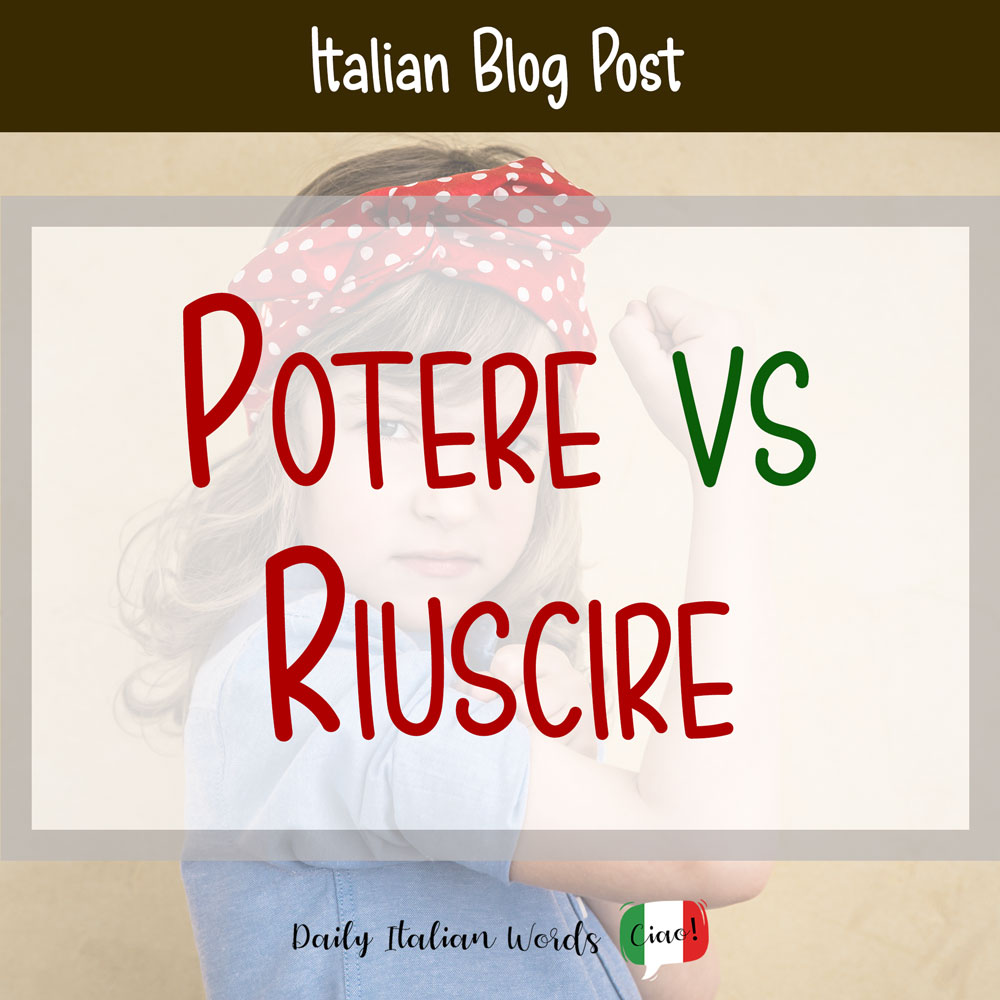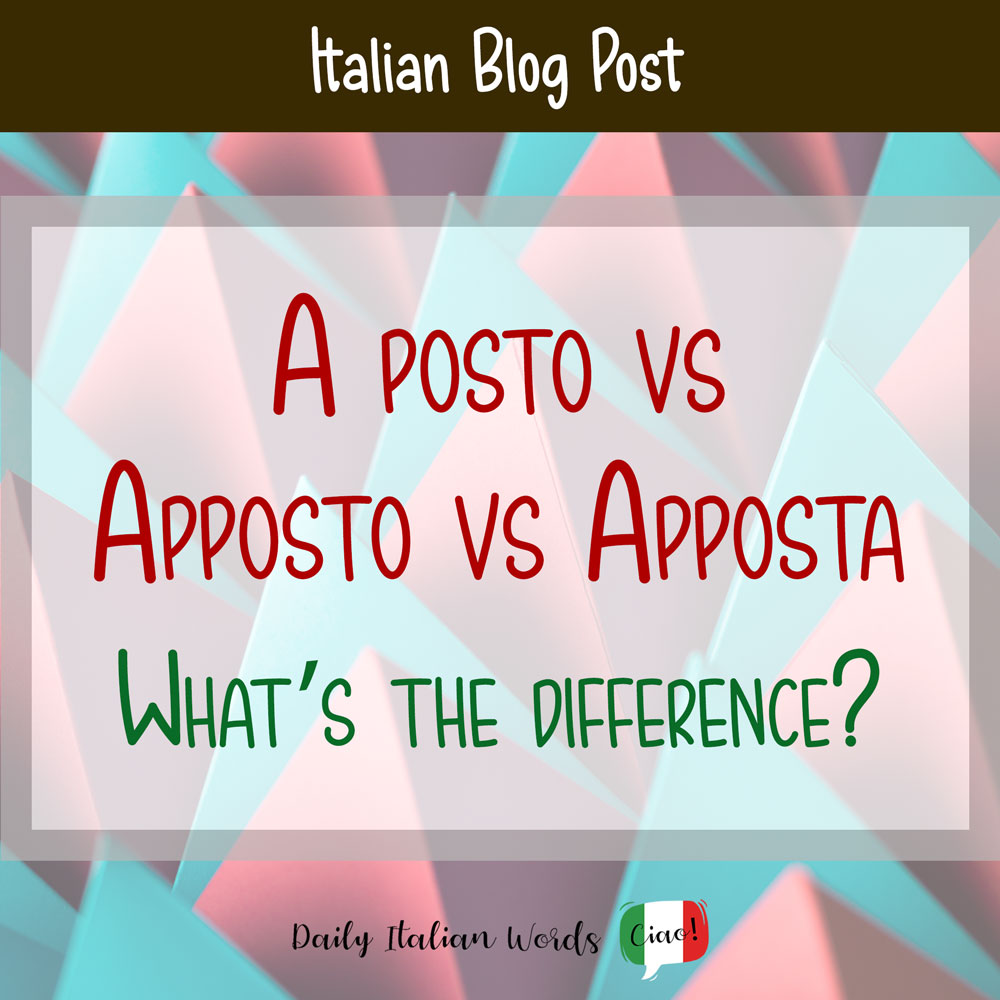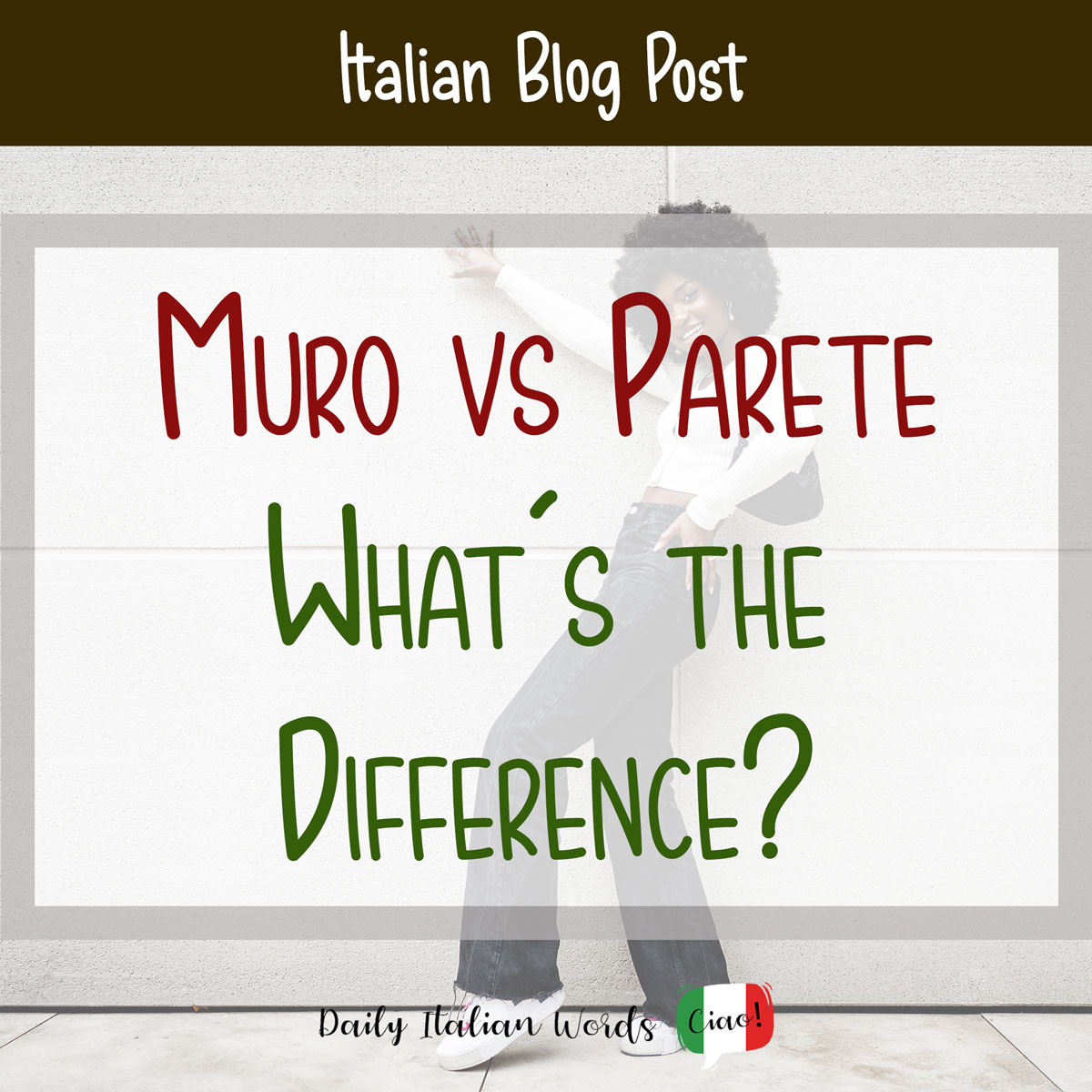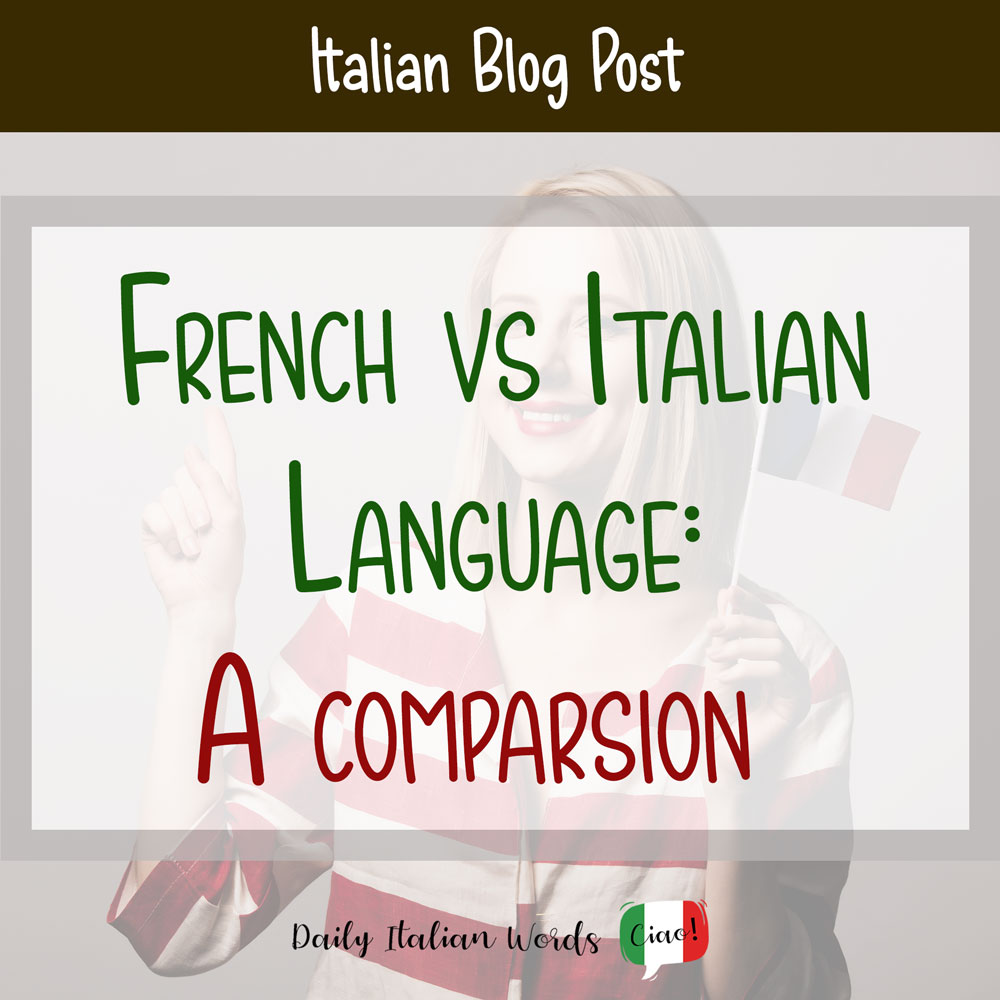Italian vs Neapolitan – What are the differences?
When one thinks of Italy, the first language that undoubtably comes to mind is Italian, but did you know that multiple dialects and regional languages are spoken throughout the peninsula even to this day? This is because, up until the year 1861, Italy wasn’t a single unified nation but rather a conglomerate of states, each …

